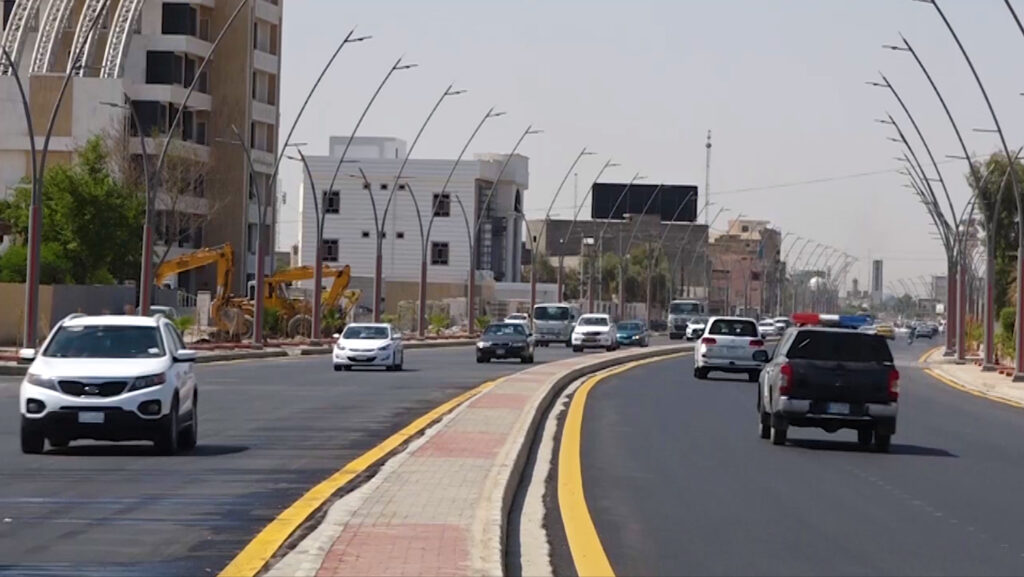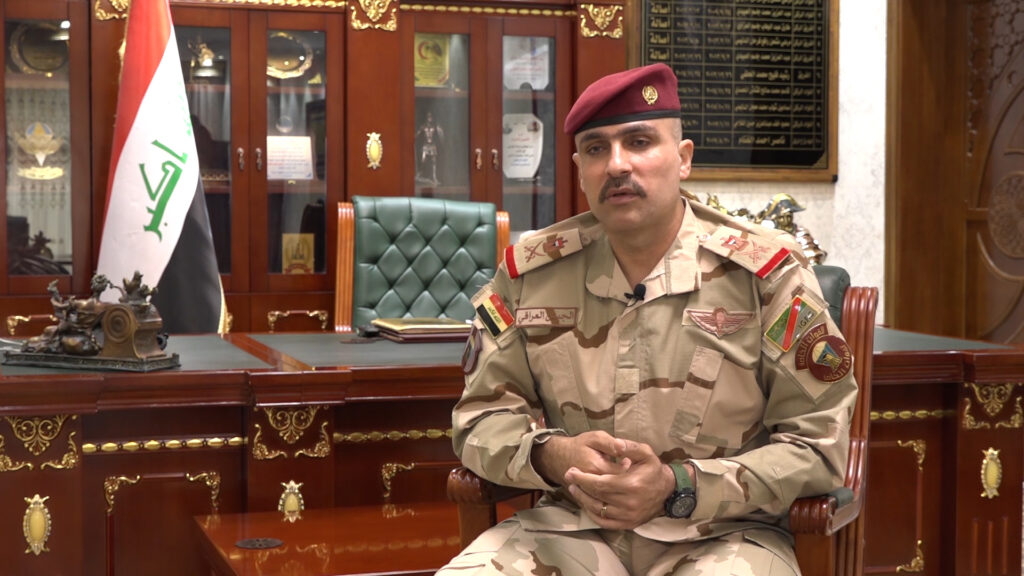Anbar Province is synonymous with the fight to rid Iraq from the scourge of violent extremism. Yet since its 2017 liberation from Daesh by the Iraqi Security Forces (ISF) supported by the Global Coalition, this former stronghold has become a shining example of how the Iraqi people, under the security umbrella of the ISF, have rebuilt their lives. Anbar’s communities have restored normality to the majority of the province, safeguarding the cities of Ramadi and Falluja, which suffered so much under Daesh’s brutal occupation.
Anbar is Iraq’s largest and most scarcely populated province. Its swathes of desert and long borders with Saudi Arabia, Jordan and Syria proved the ideal breeding ground for Daesh as the group grew rapidly in strength and prowess, culminating in their seizure of Anbar’s capital, Ramadi, in May 2015. Even after Daesh started to suffer defeats on the battlefield to the ISF, notably the liberation of Ramadi and then Falluja, the scale of Anbar was always a refuge from where the group could wield its power and warped ideology with impunity, reconstitute its forces and launch attacks against the ISF and the Iraqi people.

In 2017 the ISF, backed by its Global Coalition partners, launched its final assault into western Anbar and up to the Syrian border. After heavy fighting, the remaining militant strongholds in the Al-Jazirah Desert were taken by the ISF and victory was declared on 9th December. Since then, in recognition of the ISF’s victory over Daesh in Anbar, 10th December has been made a public holiday in Iraq.
Despite its territorial defeat in December 2017, remnants of Daesh continued to blight the lives of Anbar residents. However, as the residents of Anbar witnessed the sacrifices made by the ISF on their behalf in freeing them from the militants of Daesh, mutual respect led to collaboration, including sharing the vital intelligence needed for the ISF to systematically root-out remnants of Daesh across the Province. A relationship that has been recognised this year, as the Anbar Operations Command beat the 18 other Iraqi governorates to be ranked first in terms of the professionalism and efficacy of their counter-terror efforts. Commander of Anbar Operations, Nasser Ghannam, recognised the award as being “…achieved by the great efforts and sacrifices of the Iraqi forces deployed across this vast area, as well as through close collaboration and intelligence-sharing with civilians.” He went on to say “They [the citizens of Anbar] provide us with information about any new cars that come to their communities, unidentified objects, personnel or activities,” and, in recognising the commitment of the residents in supporting the ISF, that:
“I have a million fighters in the youth and tribes who are ready to back the ISF and the army whenever needed”.

Today, Anbar’s much improved security situation has enabled the ISF to launch a series of initiatives to restore normality for its residents. These include lifting the nightly curfew which had been in place since 2003, redeploying military units away from the province and reopening key highways and roads so that residents can once again travel freely and safely to other Iraqi governorates and beyond. The ISF is also working closely with humanitarian organisations to distribute aid to vulnerable families and has opened several field hospitals to distribute medical assistance to some of Anbar’s most needy and desperate people.
Yet, even in its death throes, Daesh can still launch deadly attacks, as shown by the recent double car bombing in a crowded Baghdad market. The attack resulted in over 30 civilian deaths. The ISF response was swift and decisive, launching Operation Revenge of the Martyrs the very next day. Already ten senior Daesh leaders have been captured, and the mastermind behind the Baghdad market bombs, Abu Hassan Al-Gharibawi, was killed in a joint ISF / Global Coalition precision strike near Abu Ghraib.
In a province where Daesh enjoyed almost complete freedom of movement, the turnaround in Anbar’s security situation has been remarkable. Today, supported by its international partners in the Global Coalition, and respected and embraced by a grateful local population, the ISF know that there is no hiding place amongst Anbar’s cities and vast deserts for the demoralised and desperate remnants of Daesh. They will be hunted, they will be neutralised, and Anbar’s future will be secured.

